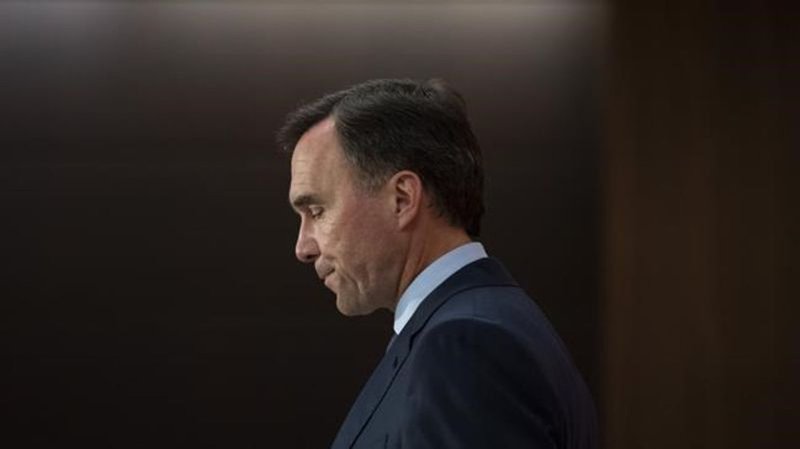
Year in review: A look at news events in August 2020
A look at news events in August 2020:
01 – The recipient of the first partial face transplant in the U.S. died almost a dozen years after the groundbreaking operation. The Cleveland Clinic said 57-year-old Connie Culp died at the Ohio clinic of complications from an infection unrelated to her transplant. She once told reporters she did not care about what people thought of her looks. She had the operation after her husband shot her in the face in a murder-suicide attempt.
01 – Minnesota’s Matt Dumba became the first NHL player to kneel during the U.S. anthem when he did so before an Oilers-Blackhawks game in Edmonton. Dumba made a speech about racial injustice prior to Edmonton’s first game of the NHL restart. Oilers defenceman Darnell Nurse and Blackhawks goalie Malcolm Subban each put a hand on Dumba’s shoulder as he knelt for a recording of the American anthem. All three players are Black.
02 – Veteran actor Wilford Brimley died at the age of 85. His manager said he’d been on dialysis and had several medical ailments.


